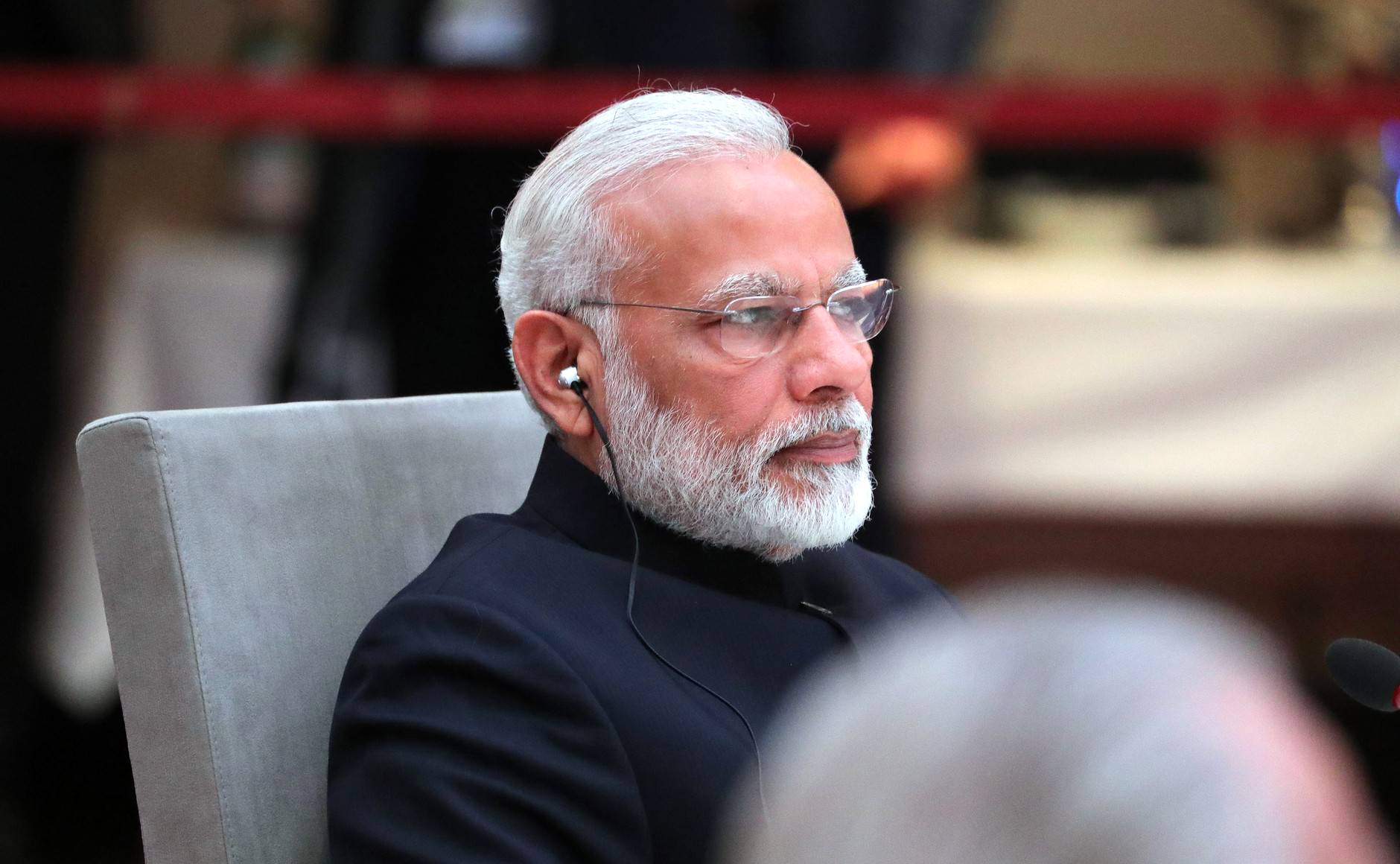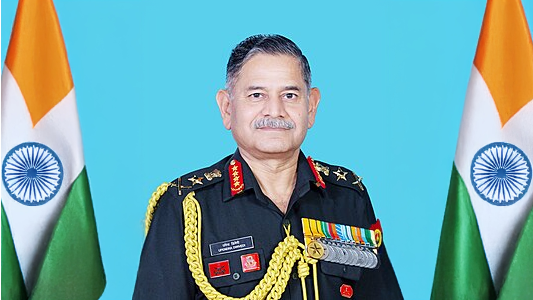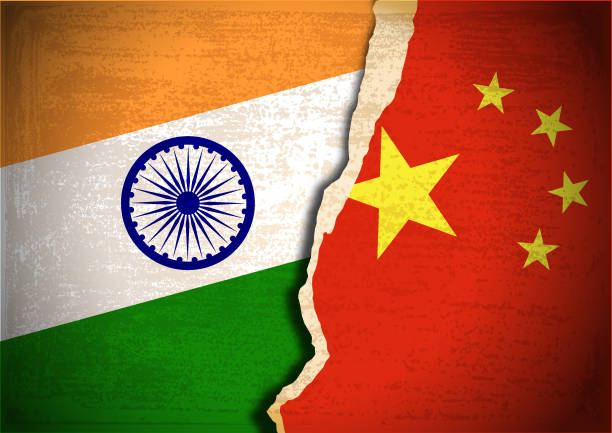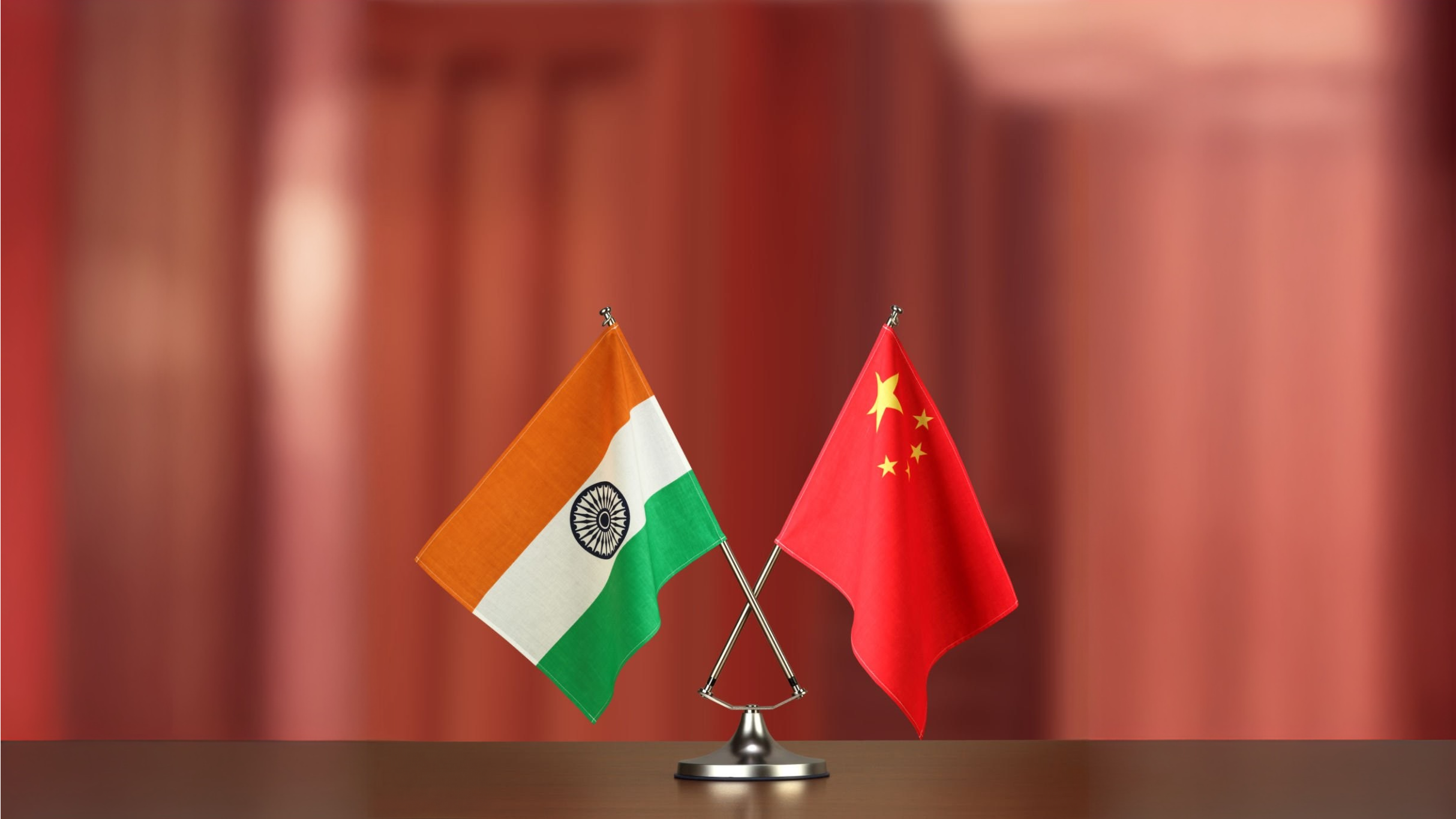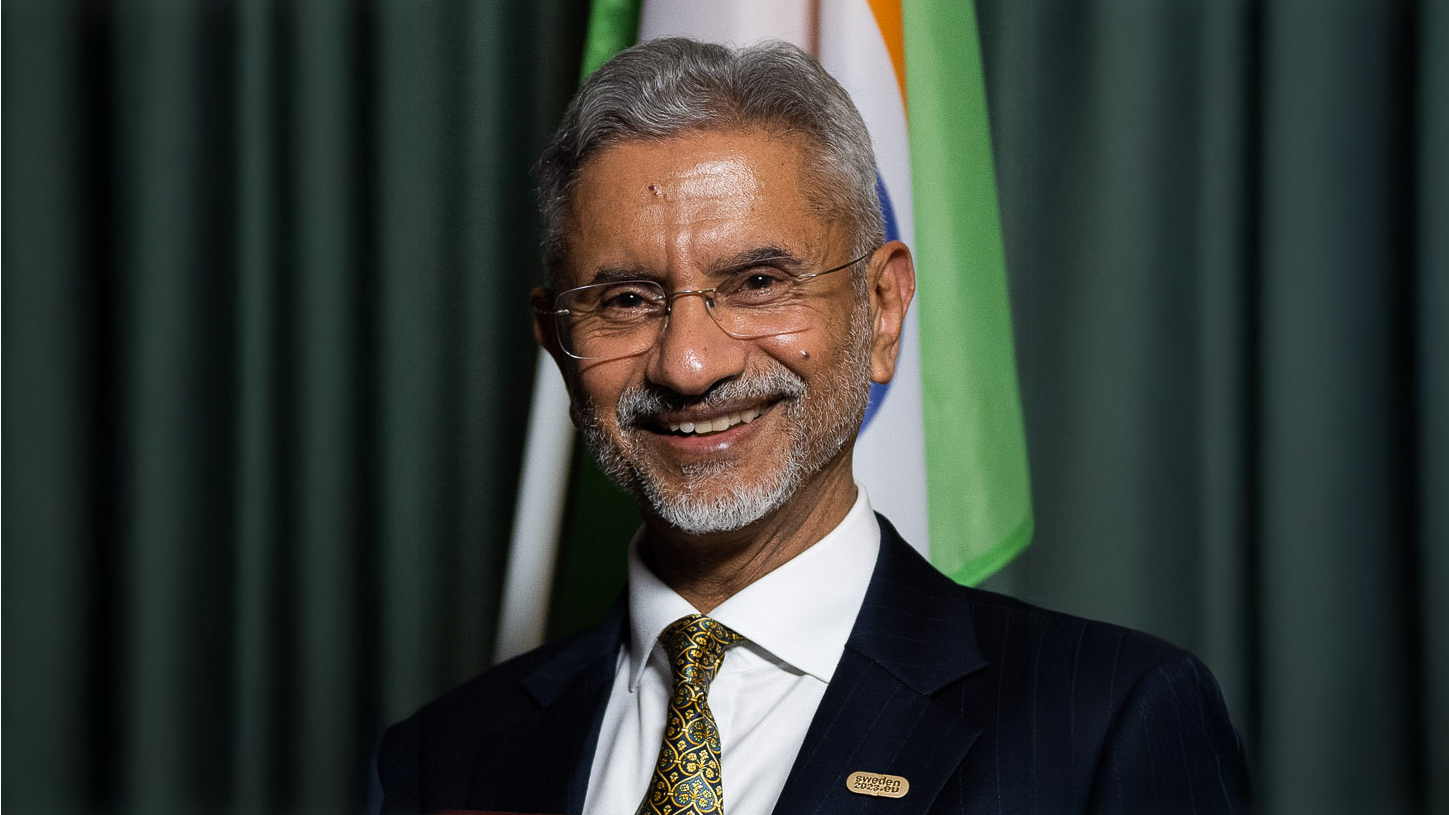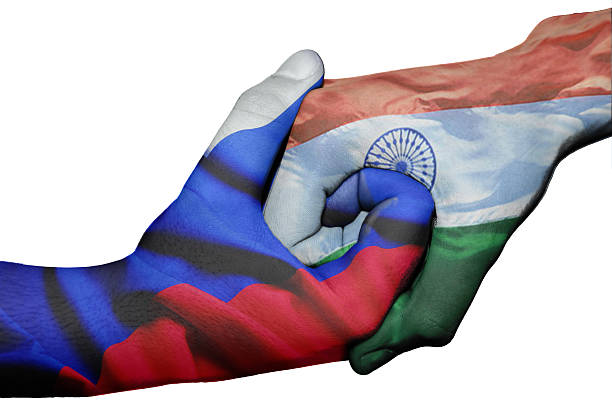President asks 14 questions to the Supreme Court related to the constitutional powers of Governors. She raised concerns about the Governor’s options under Article 200 when a bill is presented and questioned whether their discretionary powers are constitutionally valid. She also sought clarity on the extent of her own constitutional powers.
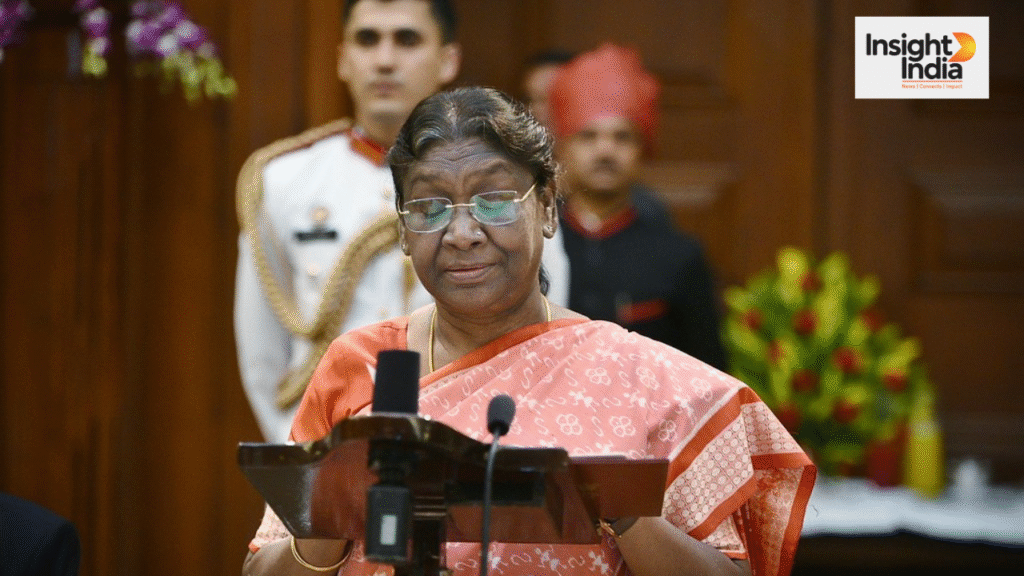
President Asks 14 Questions on Governor’s Powers After Supreme Court Verdict
New Delhi: On April 8, the Supreme Court delivered a landmark judgment concerning the powers of Governors, particularly in the context of Tamil Nadu. During the hearing, the court stated that Governors cannot keep bills pending indefinitely. The bench clarified that under Article 200 of the Constitution, Governors do not have veto power and must act based on the advice of the Council of Ministers. The court also commented on whether a time limit should be set for the President and Governors to make decisions on bills passed by state legislatures.
In response to this verdict, President Droupadi Murmu has now raised serious concerns. She has formally submitted 14 questions to the Supreme Court, seeking clarity on various constitutional provisions regarding the roles and powers of Governors and the President.
Let’s take a closer look at the context of the issue and the 14 questions raised by the President:
Supreme Court Verdict Sparks Constitutional Debate
President Murmu’s queries focus on the interpretation of constitutional Articles including 200, 201, 361, 143, 142, 145(3), and 131. These questions aim to clarify the scope of discretionary powers held by Governors and the constitutional limits of judicial review over such decisions.

The 14 Constitutional Questions Raised by President Murmu:
- Governor’s Options on a Bill (Article 200): What constitutional choices does a Governor have when a bill is presented to them?
- Obligation to Follow Ministerial Advice: Is the Governor required to follow the advice of the Council of Ministers while acting under Article 200?
- Judicial Review of Discretionary Powers: Can decisions made by Governors under Article 200 be challenged in court? Is their discretion subject to judicial review?
- Immunity Under Article 361: Does Article 361, which grants legal immunity to the President and Governors, completely shield the Governor’s actions under Article 200 from judicial scrutiny?
- Time Frame for Decisions: Since the Constitution does not specify a time limit for Governors to act on bills, can the courts impose a deadline through judicial orders? Can the judiciary dictate how Governors should exercise their powers under Article 200?
- Review of President’s Discretion (Article 201): Can the President’s discretionary decisions under Article 201 be subject to judicial review?
- Time Limit for Presidential Decisions: Just like with Governors, the Constitution sets no time frame for the President’s decision on bills. Can courts set such a time limit through judicial interpretation?
- Seeking SC Opinion Under Article 143: Should the President seek the Supreme Court’s opinion under Article 143 when a Governor reserves a bill for the President’s consideration?
- Judicial Review Before a Bill Becomes Law: Can decisions made by Governors or the President be reviewed by courts before a bill officially becomes law?
- Scope of Article 142: Article 142 empowers the Supreme Court to ensure complete justice. Can this power be used to alter or override the constitutional roles and decisions of the President or Governors?
- Implementation of Laws Without Governor’s Approval: Can a state law come into force without the Governor’s assent? Is their approval mandatory for a bill to become law?
- Interpretation of Constitution by Larger Bench (Article 145(3)): Should every Supreme Court bench first determine whether a case involves constitutional interpretation? If yes, must such cases be referred to a Constitution Bench with at least five judges?
- Limits of SC Power Under Article 142: Is the Supreme Court’s power under Article 142 limited to procedural matters? Or can the court issue directions or orders that override existing constitutional or legal provisions?
- Jurisdiction of the Supreme Court (Article 131): Can the Supreme Court resolve disputes between the central and state governments only under Article 131? Does the Constitution restrict the court’s authority beyond this article?
President Murmu’s move to seek judicial clarity on these critical constitutional matters marks an unprecedented step in India’s democratic process. Her questions touch upon the delicate balance of power between the executive and the judiciary, and between the Centre and the states. These 14 questions are now expected to trigger a significant constitutional debate and possibly influence the future of legislative procedures and the functioning of constitutional authorities like the President and Governors.
The Supreme Court’s response to these queries could set new legal precedents, shaping how bills are processed and how constitutional roles are interpreted in India for years to come.
Also Read:
- 15 Lakh Cyber Attacks: Pak Hackers Active After Pahalgam
- Mumbai Indians vs Delhi Capitals match scorecard: MI Beats DC to Seal Playoff Spot
Author

Aditya
Aditya is a dedicated writer at InsightIndia.in, covering the latest news from across India with a focus on results and public updates. With a strong eye for accuracy and clarity, he brings timely information to readers, helping them stay informed about key developments and outcomes that matter.





